For me, the connotation of ‘Eastern Europe’ are countries that were politically part of the Soviet Union for the first 30 years of my life. As a teenage ‘army brat’ living in ‘West’ Germany at a time when there was an ‘East’ Germany, the iron curtain had concrete meaning for me. I never saw the Berlin Wall in the 1970s. My family was not allowed to travel by train through East Germany due to my father’s United States military role in Europe.
On the ground for about six weeks in Czechia, Poland and Slovakia during the past 20 months changed my geographic perspective of Europe.
Traveling many hours across Poland and Slovakia by trains and buses and feeling the time it takes to go from one city to another, I now see these countries as “Central Europe†on the map.
I have internalized how much ground is still left to cover for travel from Krakow, Poland or Kosice, Slovakia through Belarus or Ukraine or Romania to reach Russia or the Black Sea.
Time for me to think of Europe like a millennial
My wife turned me on to a New Zealand murder mystery show, The Brokenwood Mysteries. Detective Kristin Sims played by Fern Sutherland had a line I wish I could quote verbatim, but I don’t remember it clearly. Her partner Detective Mike Shepherd drives around in a 1971 Holden Kingswood Australian made car that Detective Sims just does not see as practical for their job. He is playing country music on a cassette tape stereo in the dashboard while driving with Detective Sims in the car and referencing some aspect of 1970s culture.
She looks at him and says something like, “You know I was born in 1989, right?â€
In travel, there may be a parallel similarity to a millennial’s view of European countries without my older viewpoint bias in prior knowledge through years of cultural indoctrination to USSR’s ‘Eastern Europe’ until the 1990s.
1989-1991 were pivotal years in European politics
The Berlin Wall came down in November 1989 when the border was opened, allowing people from East Berlin and East Germany to travel into West Berlin and West Germany. German reunification came Oct 3, 1990. The physical removal of the Berlin Wall was completed by 1992. One section remains as a tourist attraction, 1.3km long and painted with murals, most covered with graffiti.
Loyalty Traveler – Berlin (Don’t) Tear Down this Wall (March 8, 2013).
You say you want a revolution
The Velvet Revolution of Czechoslovakia in November 1989 happened when I was 29. The entire Communist party government collapsed and transitioned to a Czech Republic in the final six weeks of 1989.
Václav Havel (1936-2011) became the last President of Czechoslvakia in 1989 and first president of Czech Republic, following the dissolution of Slovakia and Czech Republic in 1993 in the peaceful ‘Velvet Divorce’.
Orange Alternative
Poland grew a peaceful nonconformist anti-communist ‘Orange Alternative’ symbolized today with dwarf statues all around Wroclaw, Poland.
Wroclaw, Poland dwarf
Can you treat a police officer seriously, when he is asking you: “Why did you participate in an illegal meeting of dwarfs?”
– Waldemar Fydrych, leader of Orange Alternative Wroclaw, Poland
The Polish labor union Solidarity gained political ruling power in August 1989 and by December 1989 the Polish government approved reforms to a market-based economy. In December 1990, Lech Wałęsa became the first popularly elected President of Poland.
Solidarity office Krakow, Poland – December 2016.
TV Eye
In contrast to peaceful breakaway nations, the images I saw on CNN of the December 1989 Revolution in Romania are memorable as the most violent attacks on individuals I recall being broadcast on television until the LA riots in 1992.
President Nicolae Ceaușescu was deposed from his dictatorial control of government and executed within days. Romania was a violent breakaway.
National identity movements swept through the Baltic nations of Lithuania, Latvia, Estonia and extended to Ukraine, Bulgaria and other Soviet republic breakaway nations in a sweeping ‘Eastern Europe’ reorganization. Many of these nations were not officially released from Soviet control until August-September 1991 after Russia had its own failed political coup to reinstitute a hard-line communist party regime.
Traveling longer in Eastern Europe
All that European history is my personal reflection. What really matters these days to me is the cost of travel.
The cost of travel means there is potential for me to spend more time in countries on the same budget when spending time in the countries that were once Soviet Republics. One of the major attractions I find in time I have spent in Central Europe and the Baltic countries these past 20 months is the option to live well at bargain prices compared to more popular tourist destinations in France, Spain and Italy.
Based on my four trips of six weeks in Europe since December 2016, I give a rough estimate for daily expenses, excluding hotels, at about 35% the cost to travel in Poland, Czechia, and Slovakia compared to Amsterdam and London.
This means 20 days in Poland, Czechia or Slovakia cost about the same as 7 days in Amsterdam or London. Also, average hotel rates are both far cheaper to pay and far lower with points.
Aside from hotels, I figure $25 a day to travel in Prague or Krakow and $50 to 70 per day in London or Amsterdam. Much more to do the same kind of dining and drinking in restaurants and pubs. $50 per day is grocery store eating in London.
Add up six weeks of travel and the difference between spending $200 per week for food, entertainment and local transportation compared to $500 per week in London or Amsterdam is $1,200 in ‘eastern Europe’ to $3,000 in ‘western’ Europe. That budget difference is the main reason I can afford to spend six weeks in Europe in winter and another five weeks in summer.Â
What really matters is the cost of travel in different cities.
In another post I will examine the relative cost of food, transportation and drinks in cities like:
- Bratislava, Slovakia,
- Gdansk, Poland
- Krakow, Poland
- Kaunas, Lithuania
- Vilnius Lithuania
- Riga, Latvia
- Prague, Czechia
- Sofia, Bulgaria
Charles Bridge – Prague, Czechia Jan 2017.
and comparable travel expenses in ‘western’ European cities like:
- Amsterdam, Netherlands
- Copenhagen, Denmark
- London, UK
- Stockholm, Sweden
- Vienna, Austria
Amsterdam Rijksmuseum
What I have seen so far in Poland, Czechia, Slovakia, Bulgaria, Lithuania and Latvia keeps me wanting to visit more countries in eastern Europe.
Estonia, Hungary, Romania, Croatia, Slovenia, Ukraine are other destinations that will require many weeks of travel to visit over the next couple of years.


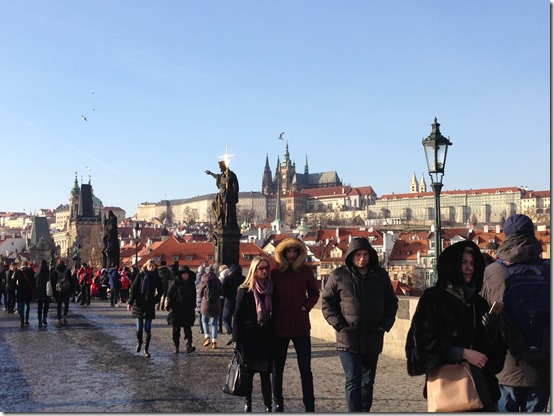
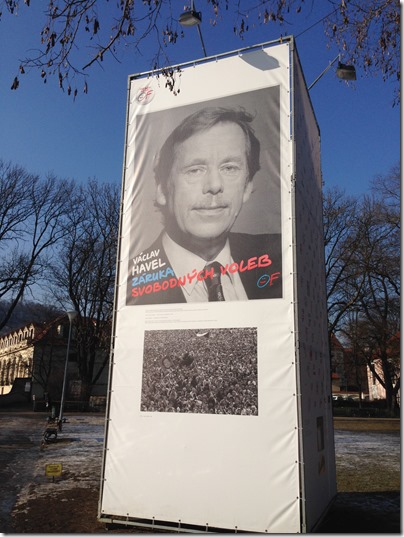
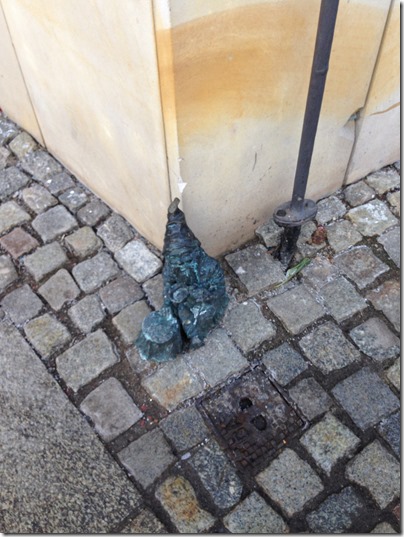
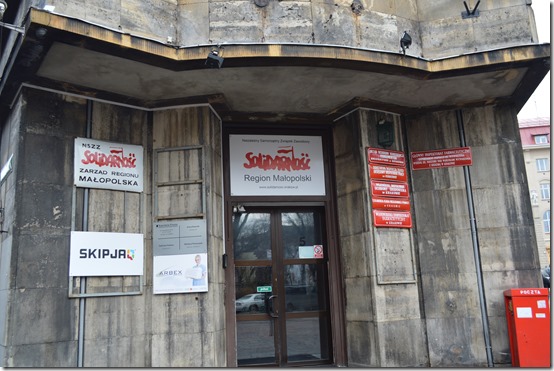
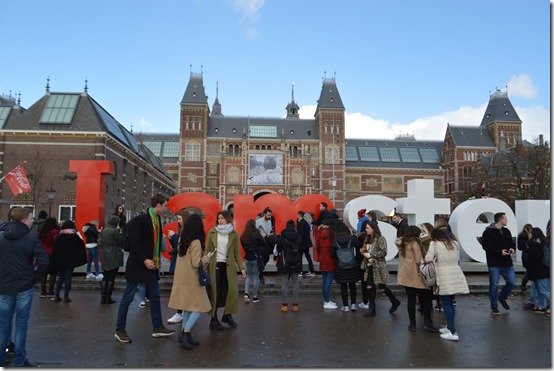

6 Comments
Comments are closed.